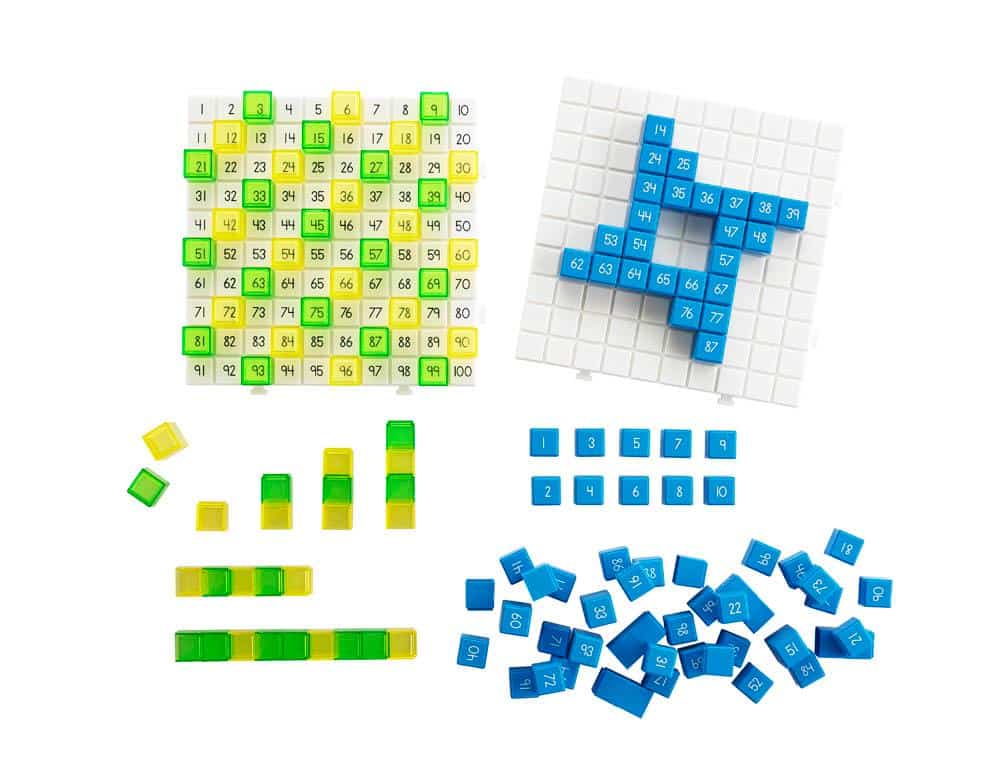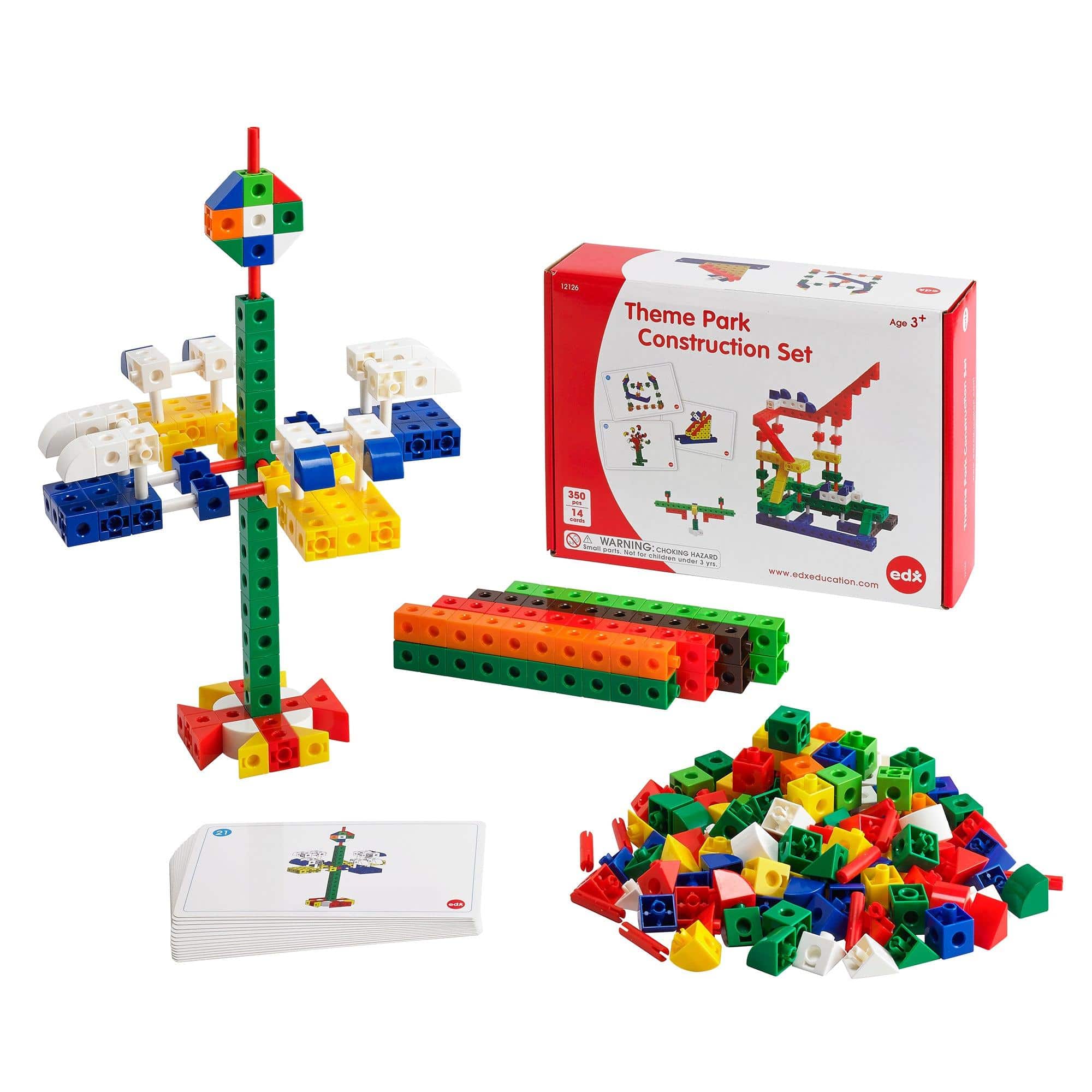The Link Between Toys and Mathematical Thinking in Early Childhood
Introduction
In early childhood, play is not just a means of entertainment; it is also a crucial aspect of cognitive development. Play allows children to explore the world around them, develop various skills, and build a foundation for future learning. Therefore, it comes as no surprise that toys play a significant role in fostering mathematical thinking among young children.
The Importance of Mathematical Thinking
Mathematical thinking involves the ability to reason, problem-solve, and make connections. These skills form the basis for understanding mathematical concepts such as numbers, shapes, patterns, and spatial relationships. Developing mathematical thinking during early childhood sets the stage for future academic success in mathematics and other subjects.
The Role of Toys
1. Building Blocks and Construction Sets
- Encourage spatial awareness and geometry
- Promote understanding of patterns and symmetry
- Enhance problem-solving and critical thinking skills
- Introduce concepts of measurement and balance
2. Puzzles and Shape Sorters
- Develop recognition of shapes and patterns
- Engage logical reasoning and problem-solving abilities
- Promote fine motor skills and hand-eye coordination
3. Manipulative Toys
- Introduce counting and basic arithmetic concepts
- Enhance hand-eye coordination and fine motor skills
- Promote one-to-one correspondence
- Encourage exploration of spatial relationships
4. Board Games and Card Games
- Develop strategic thinking and problem-solving abilities
- Promote number recognition and basic arithmetic skills
- Enhance understanding of rules and turn-taking
- Foster social interaction and cooperation
Choosing Educational Toys
When selecting toys to support mathematical thinking, consider the following:
- Age appropriateness and developmental stage
- Open-endedness and versatility
- Interactivity and engagement
- Alignment with learning objectives
Remember that not all toys labeled as “educational” effectively promote mathematical thinking. Look for toys that encourage exploration, problem-solving, and creativity, rather than those that provide only rote memorization or simplistic activities.
Conclusion
The link between toys and mathematical thinking in early childhood is undeniable. By incorporating appropriate toys into playtime, parents and educators can stimulate children’s cognitive development, foster mathematical thinking, and lay a solid foundation for future academic success. So, let the fun and learning begin!


